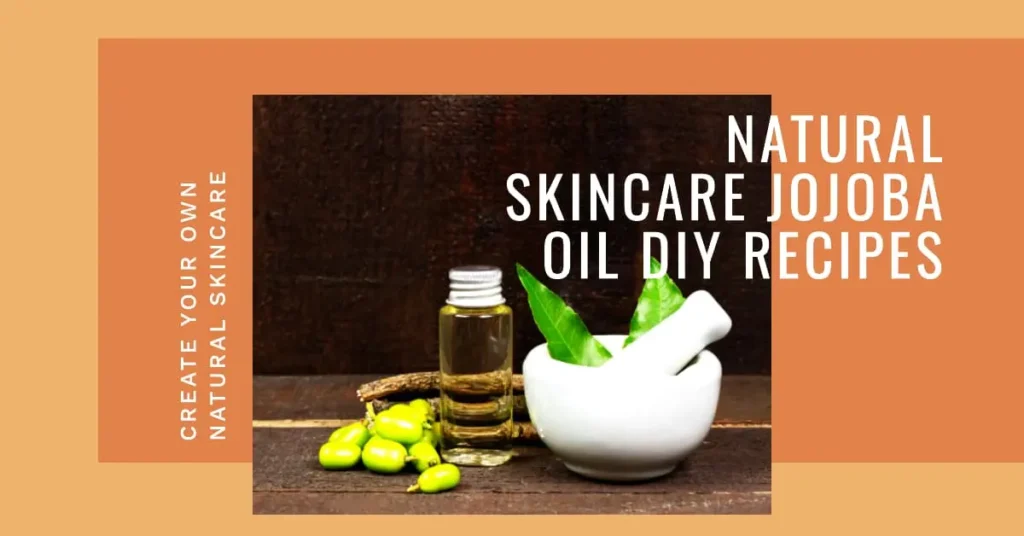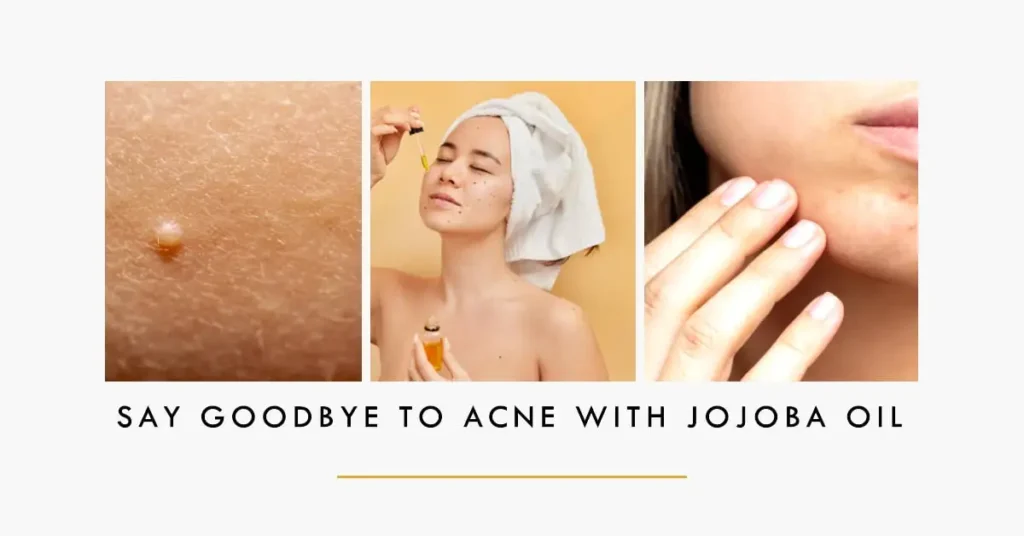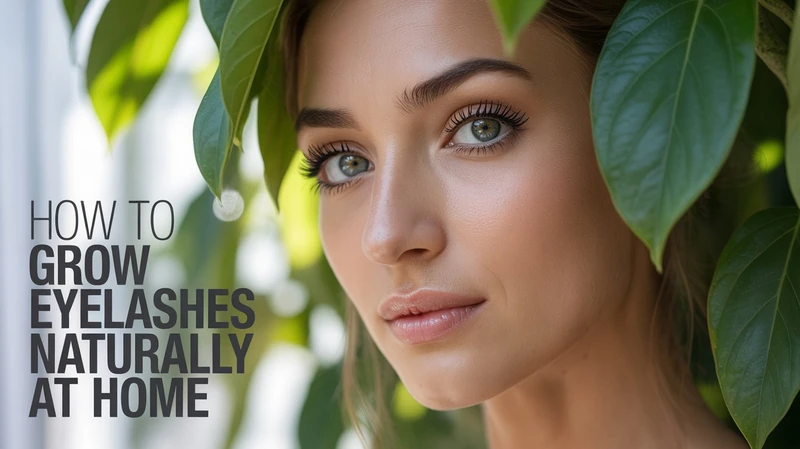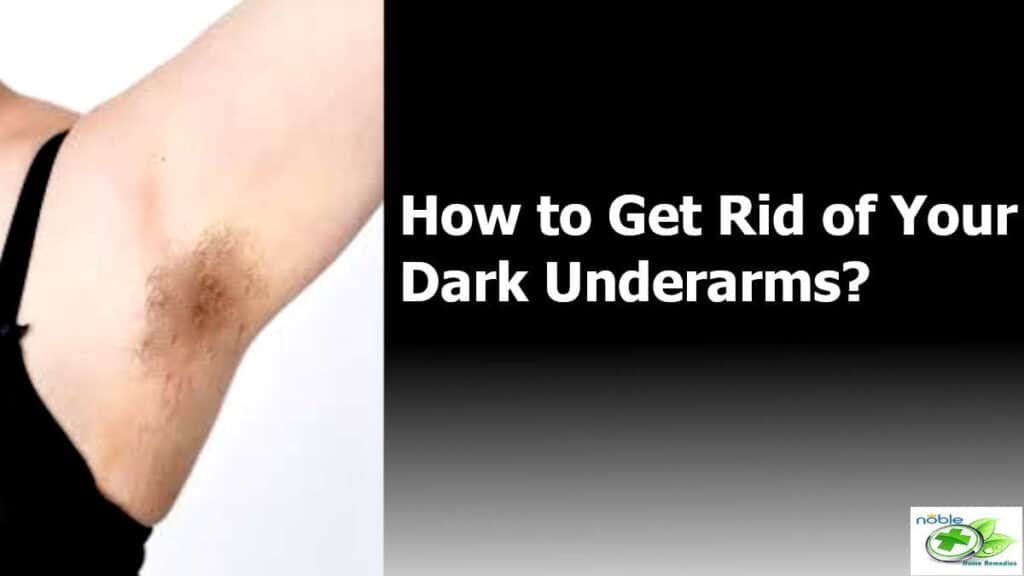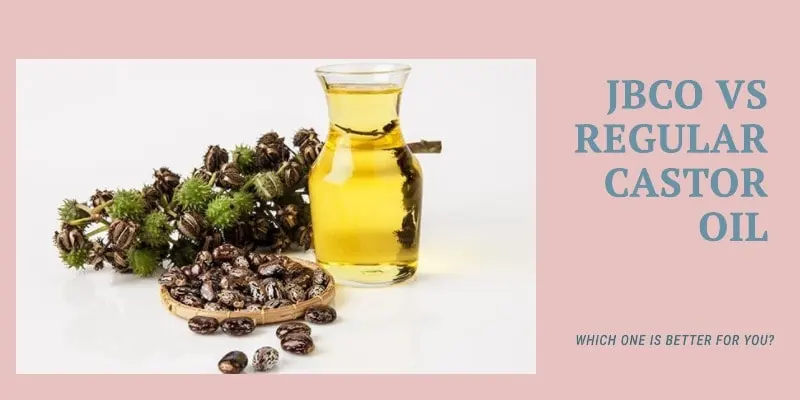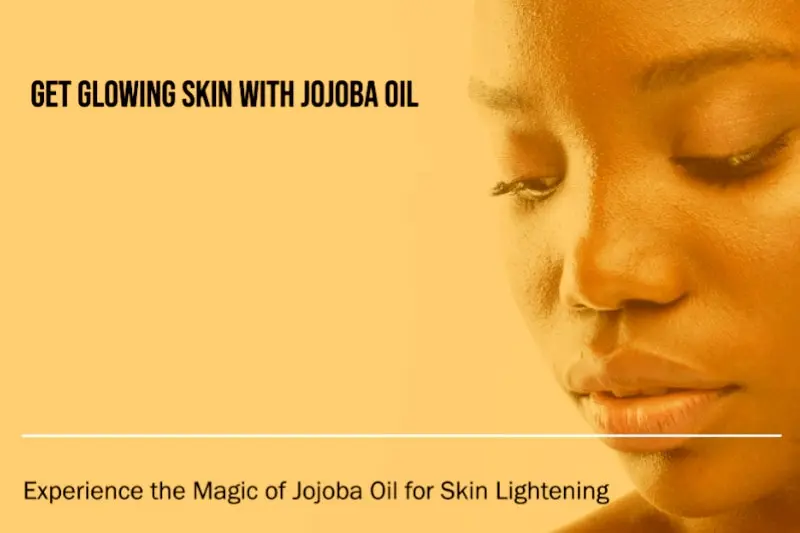Topical Treatments for Cystic Acne: 6 Best OTC Treatments
There are many effective homemade natural remedies for cystic acne. You can even use essential oils to treat cystic acne. But in this article, we are covering many OTC Topical Treatments for cystic acne. These treatments come with dermatologist recommendations. However, just be aware, that what works best for one person may not be the same.
Patch testing should always be conducted before selecting a topical treatment for cystic acne. We will explain the six most commonly used OTC topical medications for cystic acne.
1. Retinol
Do not confuse retinoids and retinol. Retinol is one type of retinoid that is used to treat cystic acne.
Here is what dermatologist Edidiong Kaminska, MD, Medical Director, and Founder at Kaminska Dermatology says about Retinol. Retinol is one type of retinoid that is used to treat cystic acne and is mild compared to other types of retinoids. Retinoids are vitamin A derivatives used in anti-aging skincare regimens.
Retinol is the most common type that is found in most OTC products. It has been clinically proven to treat acne and wrinkles. The active retinol molecules are capable of influencing skin structure formation.
Further, Retinol is the form of Vitamin A found naturally in plants and animals, while Retinoids are a class of medications derived from Vitamin A.
Mona Gohara, MD, an Associate Clinical Professor at Yale Department of Dermatology, says the first line of defense against cystic acne is vitamin A derivatives.
Retinoids speed up and regulate the shedding within your oil glands, kind of like a crossing guard that keeps things moving
Mona Gohara, MD of Associate Clinical Professor Yale Department of Dermatology
Not all retinoid creams are effective for cystic acne. Adapalene is the first choice recommended by Dr. Gohara. Products like Differin and La-Roche Posay Effaclar have the right prescription strength. Accordingly, adapalene is formulated to treat cystic acne. This is a relatively strong topical treatment for acne skin.
For sensitive skin, retinol products such as Avene Retinal 0.1 Intensive Cream are recommended. This is a mild retinoid product, less intense but still effective.
Differin Gel is also strongly recommended by many dermatologists, such as:
- Dr. Joshua Zeichner is a director of cosmetic and clinical research in dermatology at Mount Sinai Hospital. He says prescription-strength retinoid over-the-counter is ideal for cystic acne treatment.
- Dr. Samer Jaber is the founder of Washington Square Dermatology. Anyone should choose only Differin as their first choice topical treatment for cystic acne.
- Dr. Debra Jaliman is an assistant professor of dermatology at Mount Sinai’s Icahn School of Medicine. He recommends Differin and using sun protection factor (SPF) sunscreen. In the morning before you are out in the sunlight. This gives more protection to sensitive skin.
Differin Gel’s topical retinoid adapalene lowers inflammation and prevents new acne breakouts. Additionally, it improves skin discoloration.
2. Salicylic Acid
Salicylic acid is a topical medicine made from a natural ingredient: willow tree sap. It has been used for centuries to clear up acne. It has been proven to exfoliate skin and keep pores clear. That is why it is commonly used in cystic acne treatment with OTC products.
Many OTC topical forms of salicylic acid are available. These include creams, cleansers, toners, and liquids to treat skin-related disorders. People search online for salicylic acid products to treat cystic acne as well.
A salicylic acid-containing skincare routine is often used to reduce acne breakouts. The most common ingredient in the overnight remedy for pimples. Here is what Dr. Robyn Gmyrek (a dermatologist at Union Square Laser Dermatology) has to say. He says cystic acne is caused by hormonal factors. Cystic acne cannot be treated by salicylic acid alone.
Dr. Robyn says that salicylic acid is best for preventing pores from clogging. The clogged pores cause redness, whiteheads, and cysts.
Use with benzoyl peroxide. Salicylic acid in combination with benzoyl peroxide is an effective OTC treatment for cystic acne. Please keep reading to understand more.
Caution: Infected skin, damaged skin, or any open or damaged should never be exposed to salicylic acid.
3. Benzoyl peroxide and Salicylic Acid Combination for Cystic Acne
Benzoyl peroxide is a topical antiseptic agent. Salicylic acid, it exfoliates the skin. In New York City, Dr. Joshua Zeichner is the director of cosmetic and clinical research at Mount Sinai Medical Center. He elaborates:
He says these two ingredients ( Benzoyl peroxide and Salicylic Acid ) complement each other when used together to treat cystic acne. Topical treatments for cystic acne package. He recommends systematically using the package that includes:
- Salicylic acid cleanser
- Oil-free moisturizer
- Benzoyl peroxide
How to Apply the Three Ingredients?
Application of Salicylic Acid Cleanser – Start with a salicylic acid cleanser. It works like a short-contact therapy. Using high concentrations of salicylic acid, (a beta-hydroxy acid (BHA)) cleanser shrinks cystic pimples. It removes excess oils. Gently peel off dead skins and dry them off.
Those who have cystic acne should opt for a cleanser with a 1.5 to 2 percent concentration of salicylic acid. Some such products over the counter are:
- La Roche-Posay Effaclar Medicated Acne Face Wash
- Murad Clarifying Cleanser
In case your skin is sensitive to acne then opt for 0.5 to 1 percent to avoid over-drying. Some of the recommended products are:
- Aveeno’s Clear Complexion Foaming Cleanser
- Burt’s Bees Natural Acne Solutions Purifying Gel Cleanser
Here is what dermatologist Zeichner suggests. After the application of the cleanser let the cleanser sit on the skin for about a couple of minutes. This is to allow active ingredients to take effect on the skin.
Oil-free moisturizer – Use the facial oil-free moisturizer regularly. This helps to hydrate and maintain healthy skin. Non-comedogenic moisturizer product called “Dr. Dennis Gross Stress Repair Face Cream” would be ideal to use.
Because it is oil-free and has ceramides, niacinamide, or hyaluronic acid. These ingredients as the ability to reduce redness and inflammation. Restores the skin’s protective barrier as well.
Benzoyl Peroxide – Final step. Complete the routine with medicated spot treatment with benzoyl peroxide. It will kill the bacteria. Note this has to be a spot treatment only on cystic acne.
Dermatologist Zeichner recommends acne spot treatments with 2.5 percent benzoyl peroxide concentration. Such OTC products are:
- Neutrogena Rapid Clear Stubborn Acne Daily Leave-On Mask
- Paula’s Choice Clear Daily Skin Clearing Treatment
Hydrocortisone Cream Cocktail – In case of painful cystic acne (as a next step) top off with a hydrocortisone cream cocktail. It will help further to reduce redness and calm inflammation. Some of the OTC products are:
- Aveeno’s 1% Hydrocortisone Anti-Itch Cream
- Cortizone 10 Maximum Strength Cream
4. Proactiv Topical Treatments for Cystic Acne
Proactiv is a popular acne treatment or acne preventive product. It has been advertised even with celebrities vouching for its effectiveness. Its presents are felt through social media platforms and TV endorsements.
The question is does it work for cystic acne? No, it is not. Proactiv is not meant for treating cystic, nodular acne, or any severe acne. The Proactiv product label itself suggests seeking a dermatologist to treat cystic acne.
Proactiv acne treatment products contain many acne-fighting compounds including. The compounds are including:
- Benzoyl peroxide
- Salicylic acid
- Adapalene
- Glycolic acid
- Sulfur
Unlike other acne products, Proactiv is a multi-step skincare regimen. As said earlier it is many products combined to fight against acne. Simply you can call it combination therapy. The main objective of this therapy is to prevent the occurrence of acne and have healthy skin.
Take care of your skin and stop chasing pimples: You brush all of your teeth every day, not just the ones that have cavities, so why not treat your entire face instead of the pimples that you can actually see
How the Proactiv Works?
So, the final word here is Proactiv for cystic acne does not work. For moderate acne and if could be treated with benzoyl peroxide then Proactiv is a good option. Otherwise, look for other options including cystic acne.
5. Sulfur for Cystic Acne
If you check the labels of many acne products you find sulfur is present in them. Sulfur can be bought. Sulfur has been used for ages for various skin conditions including acne. The main reason is its antimicrobial properties.
The sulfur effectiveness on acne is similar to benzoyl peroxide and salicylic acid. Therefore, one could say that if sulfur does not work on cystic acne then benzoyl peroxide and salicylic acid also will not work. Also, vice versa.
Sulfur works on your cystic acne by drying out the skin surface and absorbing the excess sebum oil. Further, drying out dead skin helps to unclog skin pores and is good for healing acne.
Given the nature of cystic acne, sulfur may not work for everyone. The side effects may the irritations on sensitive skin and excessive dryness.
6. Hydrocortisone Cream for Cystic Acne
Acne experts say that Hydrocortisone Cream works best along with Benzoyl Peroxide.
The hydrocortisone cream works to calm redness and reduce inflammation. Meanwhile, benzoyl peroxide does its part in killing the acne-causing bacteria. Then dry the acne skin surface. Hydrocortisone and benzoyl peroxide together help to reduce irritation on the skin.
Having said that, the same experts say hydrocortisone with benzoyl peroxide treatment is not a permanent fix. It is a cosmetic fix only. It is because of the nature of the formation of cystic acne which is more related to hormonal imbalance. Meaning, that application heals acne on the skin. But at the same time, you need to address the hormonal imbalance issue for a permanent fix.
Before applying the hydrocortisone cream, do a facial cleansing. You may use a mild salicylic acid cleanser for this purpose. Then do the spot treatment with hydrocortisone cream on the cystic acne. Allow the hydrocortisone cream to get absorbed by the skin completely. Then you may apply some oil-free moisturizer to soothe the skin. You may do this skin routine in the morning and the evening.
Consider stopping applying hydrocortisone cream if you experience side effects. Side effects such as rash, pain, itching, worsening acne, and so on.
Take away
As you know cystic acne is a more severe form of acne. The main trigger to causes cystic acne breakouts is the hormonal imbalance in your system.
Dermatologists do recommend topical treatments for cystic acne using over-the-counter (OTC) products. Yet more focus is needed to understand the cause of the hormonal imbalance. Then take medication accordingly to contain further cystic acne breakouts.
The best way forward is to identify the cause of cystic acne and take the necessary medication. Discussing with your doctor or dermatologist available treatment options is more advisable.
Source:
Noble Home Remedies adheres to rigorous sourcing standards, drawing information from peer-reviewed studies, reputable academic research institutions, and esteemed medical journals and associations. We prioritize using high-quality, trustworthy sources to maintain the accuracy and integrity of our content. You can learn more about how we ensure our content is accurate and current by reading our editorial policy.
- What’s the Difference Between Retinol and Retinoids? by Reader’s Digest – https://www.rd.com/article/retinol-vs-retinoids/
- Retinoids: active molecules influencing skin structure formation in cosmetic and dermatological treatments – https://www.termedia.pl/Retinoids-active-molecules-influencing-skin-structure-formation-in-cosmetic-and-dermatological-treatments,7,37473,0,1.html
- How to Treat Cystic Acne at Home and With a Dermatologist by Cosmopolitan – https://www.cosmopolitan.com/style-beauty/beauty/a32209669/cystic-acne-treatment/#:~:text=Retinoids,Gohara.
- Is Salicylic Acid the Answer to All Your Acne Problems by ELLE – https://www.elle.com/beauty/makeup-skin-care/a24203654/what-is-salicylic-acid/
- How to Get Rid of Cystic Acne, According to Dermatologists – by Allure – https://www.allure.com/story/how-to-treat-cystic-acne
- Nodular Acne and Cystic Acne by Proactive – https://www.proactiv.com/en_us/types-of-acne/cysts-nodules.html
- Proactiv – Does It Work and Is It the Right Acne Treatment for you? – Healthline – https://www.healthline.com/health/skin/does-proactiv-work
- What types of acne does it work for? – Healthline – https://www.healthline.com/health/beauty-skin-care/sulfur-for-acne#effect-on-each-acne-type
- The Correct Way to Treat Under-the-Skin Pimples – Hydrocortisone – Kaplan MD, Beverly Hills – https://www.kaplanmd.com/blogs/on-the-record/correct-way-treat-skin-pimples
Trust in your purchase:
Every product featured on our site has been carefully researched and selected based on quality, customer ratings, and positive reviews to ensure you receive excellent value for your money.
Please note:
This post contains affiliate links. If you make a purchase through these links, we may earn a small commission at no additional cost to you. This helps support our site and allows us to continue bringing you valuable content. Thank you!
Thank you for your precious time spent with NobleHomeRemedies.
You may also like:
Jojoba Oil DIY Recipes
4 Top Jojoba Oil DIY Recipes: Natural Way for a Radiant Skin Jojoba oil is…
Jojoba Oil for Acne
Jojoba Oil for Acne: Powerful Home Remedy for Radiant Skin Jojoba oil is a natural…
How To Grow Eyelashes
How To Grow Eyelashes Naturally At Home Are you dreaming of growing your eyelashes longer…
How to Get Rid of Dark Underarms?
How to Get Rid of Dark Underarms?: 15 Natural Remedies Dark underarms are a very…
JBCO vs Regular Castor Oil
JBCO vs Regular Castor Oil: 7 Comparisons of Uses & Benefits Castor oil has become…
Jojoba Oil for Skin Lightening
Jojoba Oil for Skin Lightening: Best 7 DIY Recipes Have you ever wished for a…

